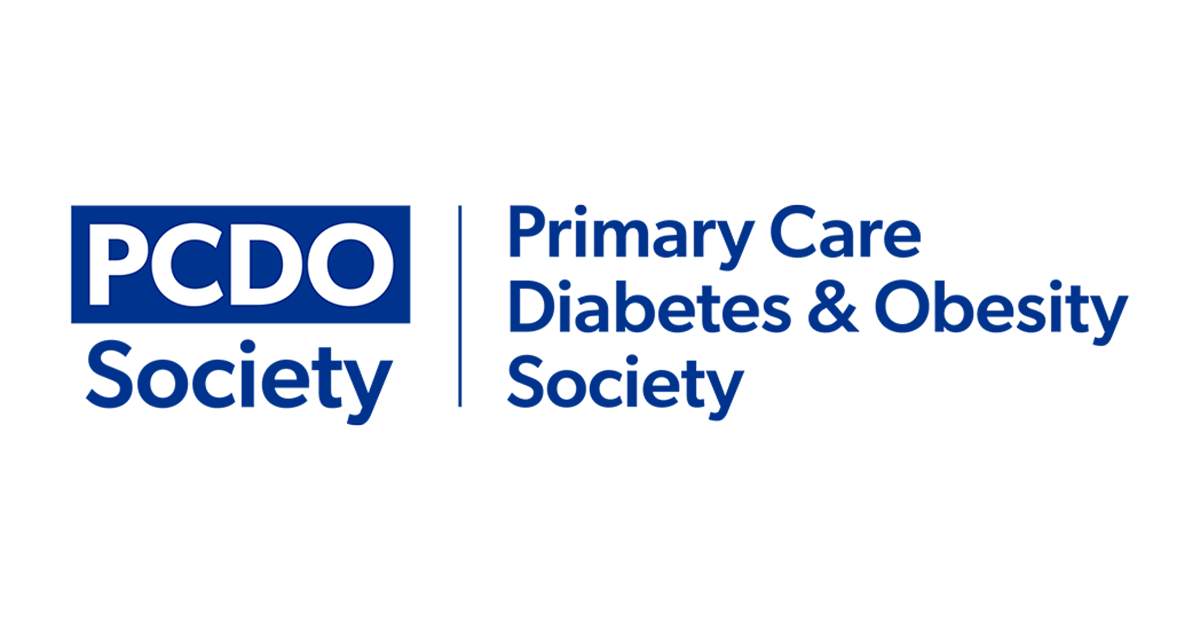The American poet Robert Frost said that ‘poetry is what is lost in translation’. The principles behind the quality and outcomes framework of the new General Medical Services (nGMS) contract were that good evidence for diabetes care should be applied to patients in practice through a reward system. It is clear from an article by Colin Kenny published in this journal that some of these ideas have been either lost or altered in translation.
Dilemmas: conflicting interests, bias and exemption
Before practices make final submissions to their primary care trusts on the Quality and Outcomes Framework, some ethical decisions will have to be made. The first item to set aside is the whole principle of incentives for doctors to promote changes in clinical behaviour. This will inevitably lead to biases and conflicts of interest. The underlying principle is that doctors should act in the interest of patients with diabetes and not their practice’s financial interest. Time will tell how this balance is struck.
We can see from the article that exception reporting is going to be a key element in achieving targets. Where, then, does this leave patient autonomy? Will all patients with diabetes be fully informed of the decision to exception code them, and will they be fully involved? What about the doctor’s autonomy? Will they be in a position to make autonomous decisions when they are acting on behalf of a practice which is in reality the franchisee for the diabetes Quality and Outcomes franchise?
GPs have always been guided by the principles of beneficence and non malevolence. We want to do the best for our patients and also do the least harm. Here is another dilemma: careful reading of the diabetes evidence reveals that much of the research has been done on a younger age group than we look after in practice. Are we right in rigorously applying the same evidence to patients in their 80’s who have certainly not been included in the clinical trials? We know that before the nGMS contract, audits had demonstrated the opposite – that many patients, particularly in nursing homes, were being neglected in terms of advanced care.
Fortunately the nGMS contract has brought new money into practice so that the principle of justice for all does not appear to be beached. However, when people with diabetes seen in primary care are also seen at hospital, and data are gathered there, how will this benefit everyone equally? How long before secondary care colleagues abandon chronic disease management to primary care? Also considering distributive justice, careful examination of the formula applied to the points in practice will show that practices at the margins – either large or small – will be brought closer to the mean by careful use of a square-root formula. Equally, the quality of the prevalence data will be dependent on how diligently we peruse and measure diabetes prevalence. Should a quiet university practice expect to be remunerated for diabetes in a similar way to a large practice in the inner city with a high ethic minority?
Emphasis has been made of the new money coming into diabetes care, but when government spending is compared in international terms, the exercise represents tremendous value for money for diabetes care on the part of government.
Poetry to our ears?
So much in the nGMS contract to mull over and digest, with not a few ethical dilemmas for the individual GP and their practices. Certainly something has been lost in translation but the end result is not quite poetic – more a limerick than Seamus Heaney.





Seeing rising numbers of people with private prescriptions for injectable weight loss drugs, Jane Diggle discusses how to maximise their benefits.
3 Mar 2025